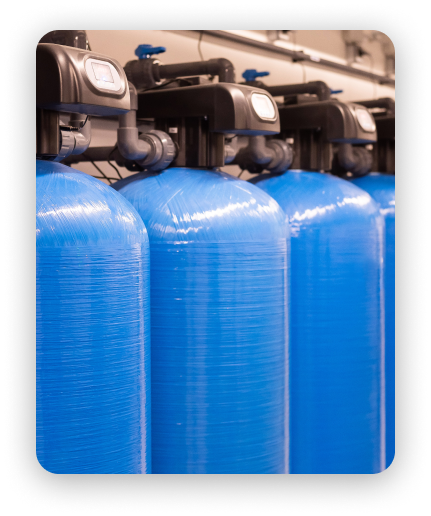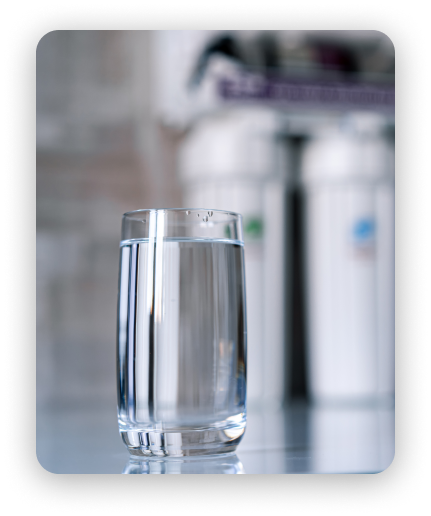Here are some downsides of having impure or hard water:
- Unsavory taste and odor
- Harsh, unpleasant effects
- Increased risk of plumbing problems
- Increased long-term costs
The first problem associated with unfiltered water is a poor taste and smell. Ideally, drinking a glass of water should be refreshing. If it’s unpleasant or bitter, you may have a high mineral quantity in your water.
While minerals such as magnesium and chlorine are safe to drink, they can affect taste. And, they can also negatively impact your clothes, skin, hair and glassware. Hard water is known to cause uncomfortable showers and leave stains on items.
Water quality also has a direct impact on your plumbing. Over time, minerals, sediments and other substances may build up in your pipes. Not only can this exert pressure on your plumbing system, but it can also cause clogs.
This doesn’t just damage your plumbing system; it also increases your repair costs. Thus, investing in a water filtration system can reduce your costs in the long run.
Now that you know the benefits of water treatment, you’re probably wondering how it works. While services vary, two common methods include reverse osmosis and water softening systems. Reverse osmosis involves filtering water through a semipermeable membrane, which catches and removes contaminants.
Water softening systems, meanwhile, use resin beads to remove hard water minerals. Regardless of which service you ultimately receive, it’s important to work with an experienced company such as F.F. Hitchcock Plumbing, Heating & Cooling.








